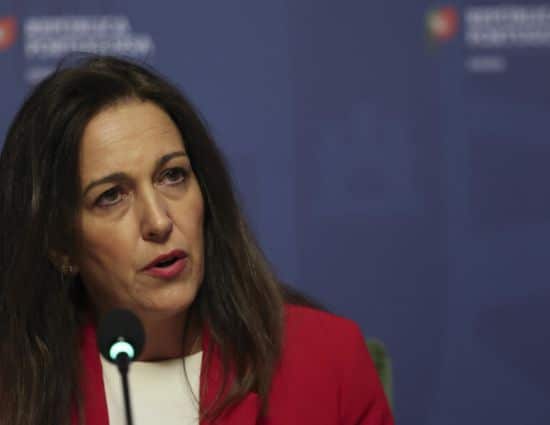Justice minister says sweeping changes to be created by Council of Ministers later today
Following Portugal’s embarrassment at being ranked in terms of corruption alongside African countries of Botswana and Rwanda, Portugal’s AD government is starting to move.
It will be creating ‘specialised nuclei to combat corruption within both the tax department (IGF – general inspectorate of finances) and IGAMAOT (the general inspectorate of environment and territorial planning).
The changes are due to be approved later today at the weekly Council of Ministers.
They imply the “immediate hiring of 30 inspectors, and the approval of a pluriannual plan to hire 50 further inspectors”, writes Correio da Manhã.
“The Justice ministry has decided to keep the current distribution of competences between the two inspectorates when it comes to the combat of municipal corruption, but simply reinforce them.
“IGF and IGAMAOT remain obliged to maintain strict collaboration with various entities, among them the public prosecutor’s office and the PJ judicial police.
With the changes brought in under justice minister Rita Alarcão Júdice, task forces will essentially be dedicated to regular audits of areas like public contracts and municipal ‘urbanism’ and management.
As CM explains, “around 48.5% of all complaints received by the country’s corruption agency (MENAC) are connected with municipalities”.
Indeed, barely a week goes by without news of a mayor/ a parish councillor/ a head of planning being suspected of activities well beneath, and beyond, their remit.
While we wait to hear the full details of the decision by the Council of Ministers today (believed also to be to announce a new president at MENAC), the GNR’s national association (ANOG) has said it too wants to be involved in the investigation of corruption – sharing this police competence with the PJ.
ANOG president Tiago Silva explains: “With a second police entity with a remit to investigate these types of crime, there would be more efficiency”.
His suggestion has been to widen the brief of UAF (the GNR’s unit of fiscal action), which currently is only allowed to work on cases where the limit of suspected evasion/ fraud comes to €500,000.
ANOG is also defending a wider brief altogether for the GNR, allowing the force to investigate armed robberies, which right now always have to be ‘turned over to the PJ’.
natasha.donn@portugalresident.com




















